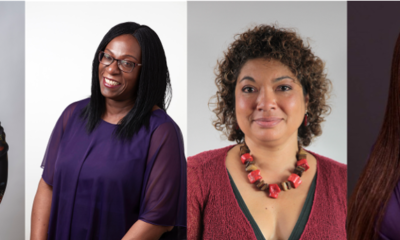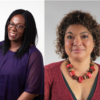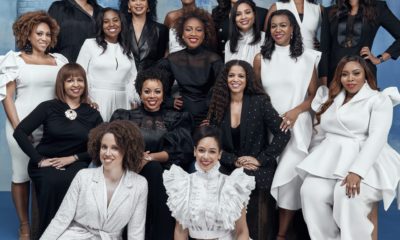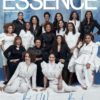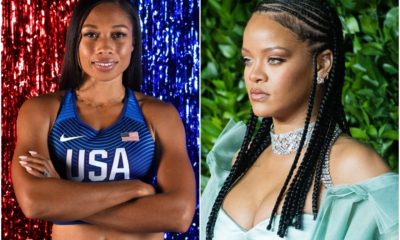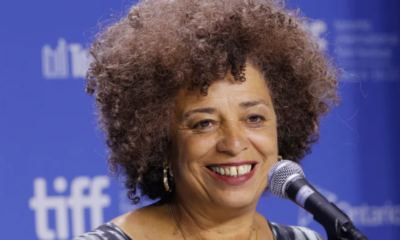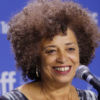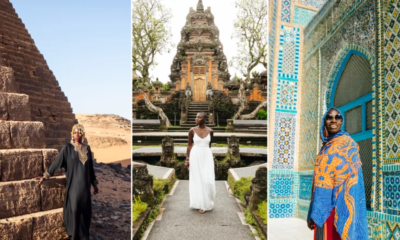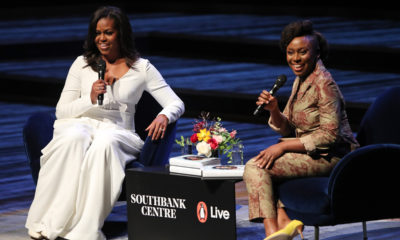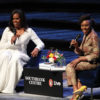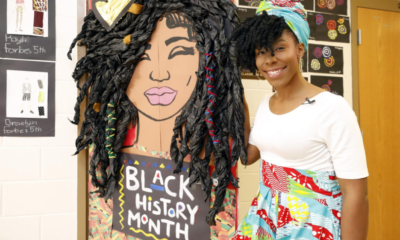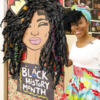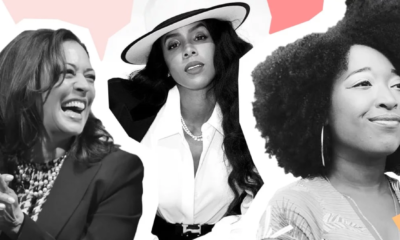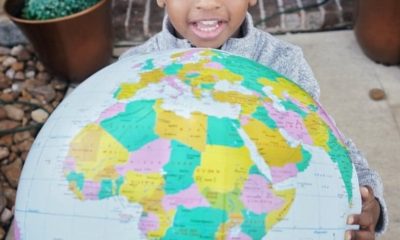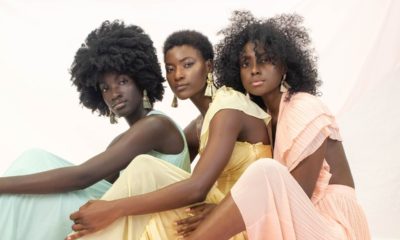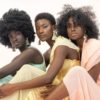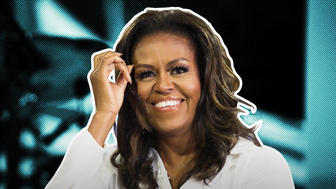Featured Articles
‘Less innocent, more adult’: the unfair perceptions that haunt young black girls
US studies suggest adults view black girls quite differently from their white peers, leading to greater levels of harassment and punishment. Charlie Brinkhurst-Cuff asks teenagers and young black women in the UK about their experiences
Seventeen-year-old Sewa Olukoga was recently on a school trip in Portsmouth when she noticed she was being followed. “It was me and one other black girl in the class. We were in the shopping centre, and the security guard was watching us, suspiciously. It always happens. He was following us around the store.”
According to Olukaga, “It’s not that we’re loud, we just have a presence. We’re always being told to dial it down a little bit.”
Anecdotally, her experience and those of other young black women who have grown up in Britain appear to correlate with the latest studies in the US. A new book, Pushout: the Criminalization of Black Girls in Schools by Monique Morris, highlights the disproportionate levels of punishment meted out to black schoolgirls, who make up 16% of female students but more than one-third of all girls with a school-related arrest.
The reasons are complex, but may be linked to recent research by Georgetown Law’s Center on Poverty and Inequality, which found that adults view black girls as “less innocent” and “more adult-like” than their white peers.
The Georgetown academics surveyed adults from diverse backgrounds and drew a range of conclusions, including that adults think black girls, especially between the ages of five and 14, need less protection than white girls, know more about sex and need less nurturing than white girls. This mirrors previous research in the US which has found that, from age 10 onwards, black boys are more likely to be viewed as older and guilty of suspected crimes than their white peers.
Yewande Adeniran, 23, had a particularly tough childhood thanks to her skin colour, and believes the Georgetown study reflects her experiences. She was the only black girl at her boarding school apart from her sister, and says she was immediately singled out:
“I’d get put into detention for things my white female peers didn’t. We’d just be in class chatting – and I always got straight As, so it wasn’t like I was being bad – but I’d be sent to isolation. I had a teacher who picked all of the people of colour out, and the only outwardly gay person too. He moved me down a set and said, ‘We don’t want too many of your kind of people in the top set.’”
It may sound like the stuff of 1950s racist nightmares, but this was in the 2000s. Perhaps Adeniran’s treatment forced adulthood upon her faster than it should have come, the perception of a lack of innocence becoming a self-fulfilling prophecy?
“They perceived anything I did as being really aggressive, really angry. Even me calling something out as racist [would equal] isolation,” she says. “I was 15, none of the teachers listened to me, the head of the year pulled me into a class and …
Please read original article- ‘Less innocent, more adult’: the unfair perceptions that haunt young black girls




